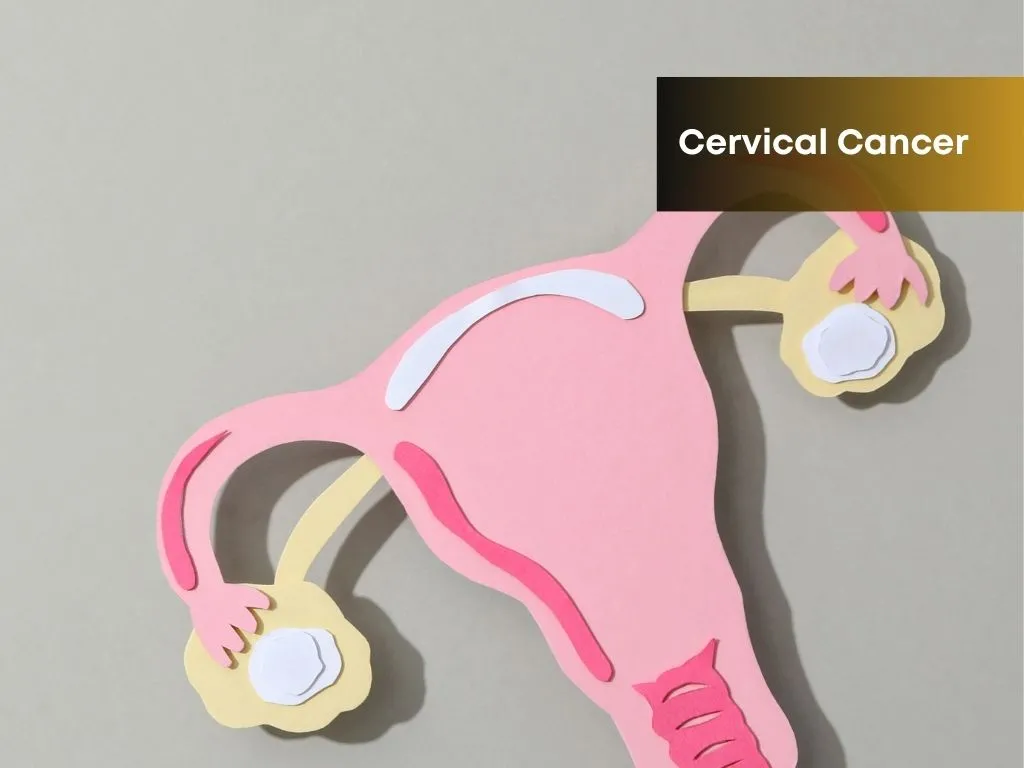Overview
There are different types of hemophilia:
Hemophilia A: This is the most common type, caused by a deficiency in clotting factor VIII.Hemophilia B: Also known as Christmas disease, it is caused by a deficiency in clotting factor IX.Haemophilia C: Results from low levels of factor XI.
Causes
Genetic Mutation in the F8 or F9 Gene
X-Linked Recessive Inheritance Pattern
Deficiency of Clotting Factor VIII (Hemophilia A)
Deficiency of Clotting Factor IX (Hemophilia B)
Spontaneous Genetic Mutations in Non-Familial Cases
Impaired Blood Clotting Cascade
Carriers and Risk of Passing the Mutation
Severity of Disease Based on Mutation Type
Symptoms
Prolonged bleedingEasy bruisingJoint pain and swellingMuscle bleedingExcessive bleeding from cuts or woundsBlood in urine or stoolNosebleeds
Treatment: Modern Medicine
Replacement TherapyProphylactic TreatmentOn-Demand TreatmentGene TherapyHemostatic AgentsPhysical Therapy
Treatment: Traditional Medicine
Herbal remediesYoga and tai chiAcupuncture and
acupressure.
Caution
Avoid activities that could cause injuryTalk to your doctor about medicationsBe aware of the signs and symptoms of bleeding.Easy
bruisingExcessive
bleeding from cuts or scrapesJoint
pain and swellingBlood
in the stool or urine.
Prevention
Get regular exercise Maintain a healthy weight Get vaccinated Join a support group
·
 Nalamaree Team
Nalamaree Team




















.jpg.webp)
